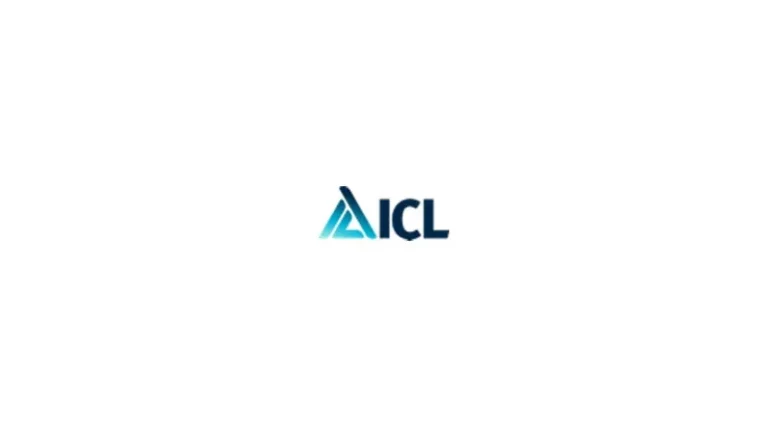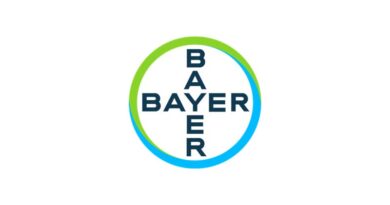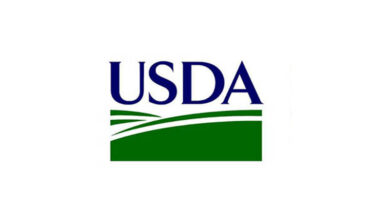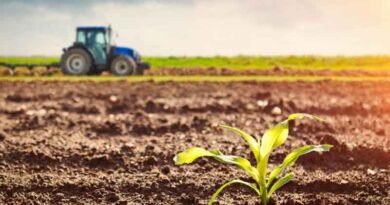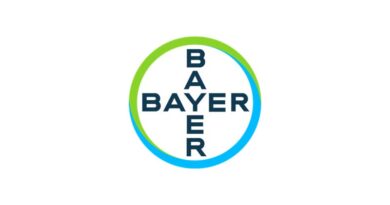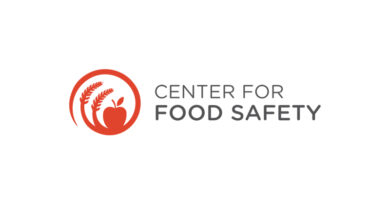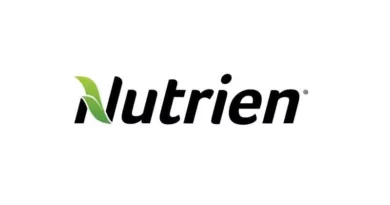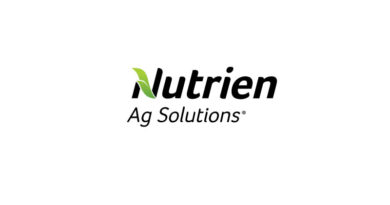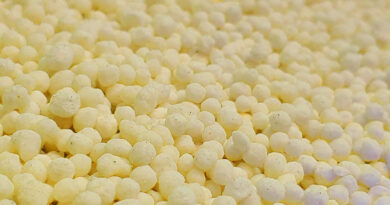Feeding the Future: The Pivotal Role of Fertilizers in Global Food Security
22 January 2024, UN: The United Nations estimates that the current world population of 8.1 billion people could reach over 10 billion before the end of the century. The challenges of feeding a growing population are considerable under any circumstances, and they are further complicated by the shift towards urbanization.
As more people move to cities, farmlands can get reduced or fragmented, and the distance between the source of food production and consumption increases. This not only strains transportation and distribution systems but also increases the risk of food wastage. In addition to the challenges posed by rapid urbanization, there’s another pressing concern on the horizon. We are now navigating a period of climate instability, which is affecting agricultural productivity worldwide.
Understanding the gravity of the situation, organizations worldwide have acknowledged the importance of addressing these challenges head-on. Global food security is essential for humanity to thrive, and to maintain stable societies where every human being has the opportunity to achieve their full potential. The United Nations is giving massive priority to food security.
Zero Hunger is the second of the seventeen Sustainable Development Goals (SDGs). While organizations like the United Nations emphasize its importance, the intricacies involved in the entire process of food production and distribution are intricate and multifaceted. The food journey from ‘field to fork’ is often a lengthy one, and the concept of food security is highly complex.
A reliable supply of food depends on effective agronomical planning, successful harvests, efficient food production and processing systems, and the complex logistics that underpin a final distribution system.
Agriculture and food production are uniquely vulnerable to a range of pressures, including adverse weather conditions, less available arable land, pests, diseases, soil erosion and degradation, and availability of water for irrigation. Yet, even as we advance in many agricultural techniques, the roots of the problem have remained persistent over millennia.
Current Challenges to Food Security
After an estimated 12,000 years of human agricultural development, we still face many challenges that the earliest Fertile Crescent farmers would immediately recognize. Recent times have seen an exacerbation of these issues, emphasizing the urgent need to find solutions and adapt to the changing landscape of agriculture.
- Extreme weather events related to climate change.
- Water shortages that cause irrigation issues.
- Soil nutrient loss and soil degradation.
- The impact of war on agriculture and food supply chains.
- Rises in the cost of essential fertilizers.
Today, we add to this list an ever-growing population, a decrease in available arable land, and the challenge to make agricultural practices more sustainable. Amid these challenges, there are potent solutions and strategies that have stood the test of time and proven their effectiveness.
The Role of Fertilizers in Advancing Food Security
A crucial aspect of increasing global food production is the use of fertilizers. These not only provide crops with essential nutrients that help boost growth, health, and yields but also when used responsibly, can significantly reduce environmental impact. While fertilizers can be as simple as animal manure, or compost made from garden waste and kitchen scraps – which were used throughout history- the incorporation of sustainable practices ensures that we can meet today’s needs without compromising the future.
Beyond traditional methods, advancements in the fertilizer industry have also paved the way for significant leaps in crop yields and soil health. The International Fertilizer Association (IFA) estimates that mineral fertilizers are responsible for over half the food produced worldwide. The role of fertilizers in ensuring food security as the world population grows is paramount.
Boosting crop yields and reducing the gap between current and potential yields can be achieved by adopting various practices and techniques. For instance, adequate use of fertilizers coupled with efficient nutrient management, such as balanced fertilization approach and integrated nutrient management, can significantly contribute to global food security.
Farming, food production, and retail are commercial ventures that depend on profitability for survival. The cycle begins with researchers and agronomists, and their ability to develop, acquire, and utilize the latest technological innovations such as controlled-release fertilizers. Agronomical research is essential to:
- Improve crop health, yields, and nutritional value.
- Reduce costs and improve efficiency at field level.
- Develop sustainable agricultural practices.
- Preserve existing top soils and make marginal lands viable for agriculture.
- Enable new agricultural ventures for both rural and urban communities.
When fertilizers are used on plantations, large fields, or for specialist crops, users require tailored solutions. Commercially manufactured fertilizers with optimal ratios of the 3 most essential nutrients (nitrogen (N), phosphorus (P), and potassium (K)), are the most practical solutions. When agronomists or growers create fertilizer plans, they need scalability, precision, and cost-effectiveness.
Speaking of advancements and solutions in advancing food security, ICL Group, a global fertilizer manufacturer, has positioned itself at the forefront of this mission.
ICL Group: a Key Player in the Food Supply Chain
While the importance of fertilizers is clear, it’s the pioneers in the industry, like the ICL Group, that are driving impactful change. With a legacy rooted deeply in Israel’s agriculture industry for over a century, ICL has been a driving force behind the nation’s agricultural transformation. The Israeli agricultural miracle of the 20th century saw marginal lands reclaimed for profitable farming and literally made the desert bloom.
This nationwide process was driven by a pioneering spirit and a passion for a return to the land – as well as a pressing need for food security. At its core, Israel’s agricultural advancements were ultimately enabled by taking a scientific approach to agriculture.
Today, ICL’s fertilizers are highly valued by farmers around the world, and their mineral constituents are sourced from diverse natural sources, including the unique ICL Boulby, the world’s only polyhalite mine.
ICL’s unwavering commitment to advancing food security extends beyond fertilizer production. Not only does the company actively champion innovative strategies in food and AgTech, but also in partnership with startups, academia, and diverse stakeholders. The company strives to develop new solutions that can help produce more using fewer resources, while also reducing the environmental impact of food production.
As a leading global fertilizer manufacturer, the impact of ICL’s fertilizer division alone in the global supply chain is profound. It’s estimated to cater to the daily dietary requirements of a whopping 175 million people — equating to roughly 190 billion meals annually, or an impressive 126 trillion calories yearly.
The Benefits of Modern Fertilization and ICL’s Contribution
Plants require 17 essential nutrients, in various amounts and proportions, in order to thrive. NPK fertilizers provide the 3 core nutrients potassium, phosphorus, and nitrogen, but robust crop growth often requires the full spectrum of nutrients. Some fertilizers also contain sulfur, magnesium, and calcium which are also essential nutrients for plants. Plants also require trace elements of micronutrients like iron and zinc, micronutrient-containing fertilizers can be essential for plant health and optimal crop yields.
Dr. Patricia Imas, a leading ICL Agronomist and a graduate of the Hebrew University’s Faculty of Agriculture tells us the benefits of modern or judicious fertilization.
“Judicious fertilizer use doesn’t just increase productivity on farmland. It can reduce deforestation and prevent biodiversity loss. We’re talking in terms of billions of hectares over the last fifty years. Mineral fertilizers combined with the use of organic sources (like green manuring, compost, and biofertilizers) are crucial to maintaining soil fertility and nutrient supply at an optimum level for sustaining crop yields and preserving soil health.
Healthy soils are the foundation of healthy food and a better environment. Soil fertility has a crucial role in producing sufficient, safe, and more nourishing food for healthier plants, animals, and people.
There’s a similar positive outcome with reducing associated CO2 emissions. Fertilizers can also improve carbon sequestration on farmed land by increasing the volume of plant matter. Each hectare of soil can store up to 50-300 tons of carbon, which is equivalent to 180-1,100 tons of CO2. “
Dr. Imas further explains some of the additional environmental benefits of judicious fertilizer use:
“When we use fertilizers responsibly, we replenish soil nutrient pools. Maintaining soil fertility prevents land degradation and desertification. To put the issue in perspective, 24 billion tons of fertile soil are lost every year. Every loss directly affects the communities that depend on the land, and its effective economic exploitation.
When agronomists and farmers develop effective crop nutrition strategies, crops require less water. A combination of smart drip feed technologies and soluble fertilizers – fertigation – increases both water and nutrient use efficiency. More water and nutrients are taken up by the plant and less are lost and wasted. In some cases, farmers can achieve the same yields with 50% less fertilizer.”
ICL’s research-driven approach to fertilizer technology is allowing agronomists and farmers unprecedented flexibility and precision when they devise crop nutrition solutions. Revolutionary products like eqo.x, with a first-of-its-kind biodegradable coating for controlled-release fertilizers that offers cutting-edge technology to efficiently deliver nutrients over a period of time, are game changers for farmers. In open-field agriculture, eqo. x can increase nutrient use efficiency (NUE) by up to 80%.
A Paradigm Shift to Precision Farming and Tailored Fertilization
Rapid advances in Artificial Intelligence, the Internet of Things, cloud storage, remote sensing, and mobile technology are driving the development of AgTech. ICL fertilizers, with their cutting-edge formulations, are perfectly poised to benefit from and contribute to this technological surge. The new high-tech approach to farming practices can potentially ensure global food security within a generation in a more sustainable way. Field-level computing, drones, robotics, smart soil sensors, data-driven automated irrigation systems, and dozens of other technologies and processes are transforming farming.
ICL’s fertilizers, with an R&D focus on precision and sustainability, are the perfect products for the new high-tech farming industry. New technologies are creating a major market for fertilizers that reduce environmentally damaging run-off, leaching, and volatilization of nutrients. ICL is also implementing circular economies and phosphate recycling in its own operations and rationalizing the global supply chains to reduce its carbon footprint and rapidly achieve net zero emission of carbon.
Fertilizers as a Catalyst for Social and Economic Growth
Affordable and environmentally friendly fertilizers can improve more than just crop yields and plant health. A single good harvest can transform the fortunes of an entire community. Increased farmer profitability at a local level has a knock-on effect on society. Rural employment opportunities increase, marginal lands are reclaimed and a proportion of the newly generated wealth flows into the wider local economy.
In developing nations, when agriculture becomes more profitable, the participation of rural children in education, and opportunities for women often improve. A well-nourished population is healthier and better equipped to achieve its natural human potential. Fertilizers can help rural communities adapt to climate change and allow nations to become major exporters of food produce. These social and economic transformations could lead to more stable societies, especially in food-insecure regions.
ICL is deeply committed to enabling these vital socio-economic transformations, through its investment in AgTech research and through practical initiatives to assist local communities. ICL is also fully behind the United Nations Sustainable Development Goals, in particular the 2nd goal of Zero Hunger. As a leading global fertilizers manufacturer, ICL has a major role to play, both in facilitating food security and in protecting the environment.
ICL and the Future of Fertilizers
ICL develops sustainable and innovative products, solutions, and fertilization practices that allow farmers to maintain and improve soil fertility, health, and productivity which are essential in advancing food security.
The future of fertilizers will be determined by the capabilities and new innovations of AgTech development. ICL is leveraging every new technology that AgTech research delivers to create new biofertilizers and to adapt and improve its existing inventories of NPK and micronutrient fertilizers. The company is already successfully producing fertilizers with recycled phosphates at its Amfert plant in the Netherlands.
As technologies improve, there will be further investment in the company’s own circular economy. ICL anticipates a world where sustainable fertilizers play a central role in delivering real food security. The Group is determined to build on its status as a leading global fertilizers manufacturer and remain at the center of this transformation.
Conclusion
As the global population continues to grow, compounded by the challenges of climate instability, the demand for sustainable food solutions has never been more pressing. Fertilizers, an age-old solution, remain at the epicenter of addressing this challenge. However, the future of fertilization hinges not just on its usage, but on its judicious and sustainable application.
Technological advancements underscore the blend of innovation and responsibility the world needs. ICL’s forward-thinking approach and commitment to sustainable practices set a benchmark, demonstrating how businesses can play a pivotal role in reshaping the landscape of global food security. The takeaways are clear: for a future where everyone has enough to eat, we must lean on a combination of science, sustainability, and strategic planning.
Responsible fertilizer use not only promises healthier crops, higher yields, and more nutritious food, but also ensures environmental conservation and socio-economic upliftment, painting a brighter, greener, and better future for all.
Also Read: Meghmani Organics Limited forays into crop nutrition segment with Nano Urea
(For Latest Agriculture News & Updates, follow Krishak Jagat on Google News)

